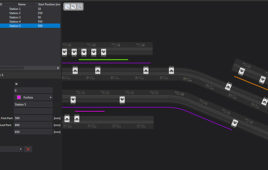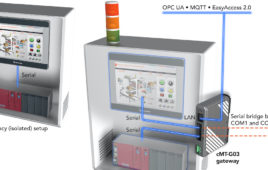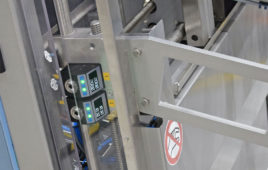Google awarded $5.25 million in total to five teams in the Google Lunar X-Prize, the goal of which is to land a private spacecraft on the Moon, on Jan. 26.
This prize was an optional part of the Lunar X-Prize contest, which was first announced on Sept. 13, 2007. Participants had the option to compete for three Milestone Prize categories – imaging, mobility, and landing – in front of a board of space industry scientists and aeronautics experts. The landing prizes were awarded to teams that showed advanced progress on their spacecraft. The mobility prizes recognize achievement in the development of the vehicle that to move across the surface, and the imaging prizes went to teams that have made advancements in the camera system that will be used to beam video and images back to Earth.
United States team Astrobotic took prizes in all three categories, netting $1.75 million. Moon Express, also from the United States, received $1.25 million with prizes in two categories. Team Indus, hailing from India, took home a $1 million prize in the landing category. German team Part-Time Scientists netted $750,000 in two categories, while Japanese team Hakuto received $500,000 in the mobility category.
Teams do not have to participate in the Milestone Prizes in order to win the Grand or Second Place prizes, the deadline for which is Dec. 31, 2016.
To win that $30 million pot, a team must land a robot on the Moon, move 500 meters on, above, or below the surface, and beam HDTV video of the area back to Earth.
In addition to the Milestone Prize winners, 13 other teams are in the running for the Google Lunar X-Prize.
“The $30 million Google Lunar X-Prize is asking teams to accomplish a feat that has never been achieved—the safe landing of a private craft on the lunar surface that travels at least 500 meters and transmits high-definition video and imagery back to Earth,” said Robert K. Weiss, vice chairman and president of X-Prize, in a press release.
“Congratulations to these five talented teams on winning Milestone Prizes. The goal of this unprecedented competition is to challenge and inspire engineers and entrepreneurs from around the world to develop low-cost methods of robotic space exploration and these achievements represent a pivotal moment in this important journey back to the moon.”
“We would like to congratulate Astrobotic, Hakuto, Moon Express, Part-Time Scientists and Team Indus on their Milestone Prize Award wins, as well as the other 13 Google Lunar X-Prize competitors, all of which continue to devote tireless dedication to this goal,” said Matt Hirst, Head of Brand Partnerships and Experiences at Google.
Filed Under: M2M (machine to machine)




